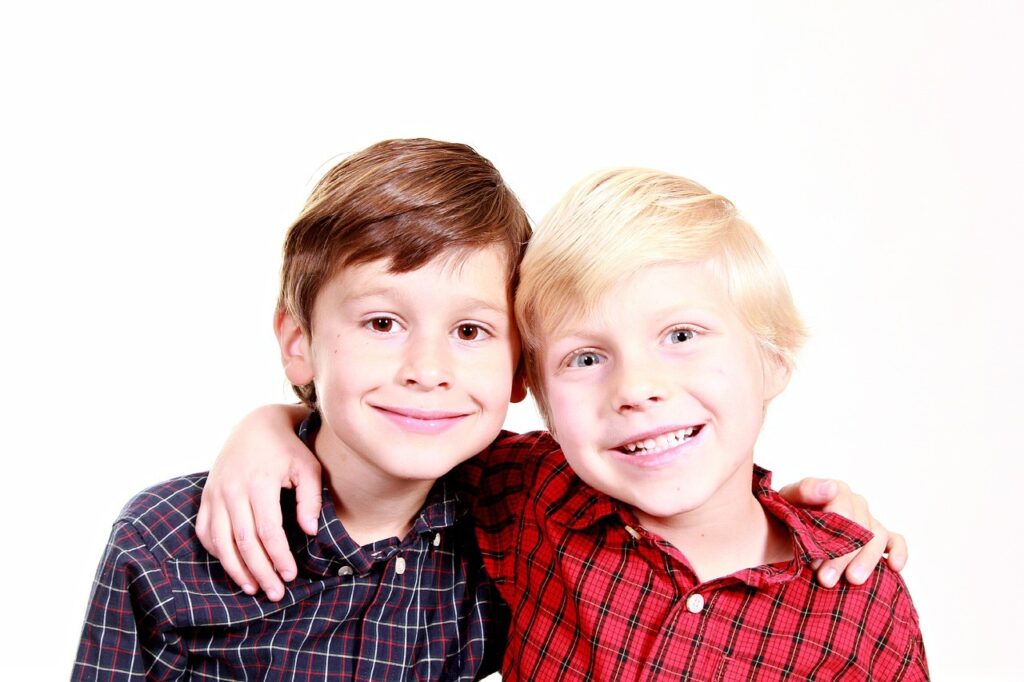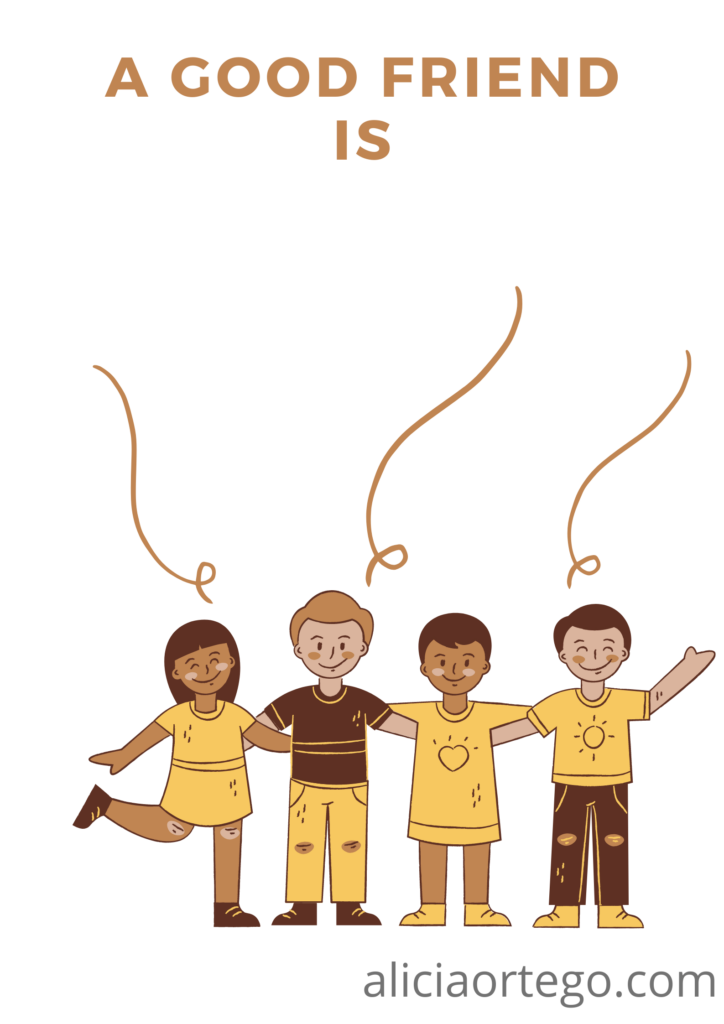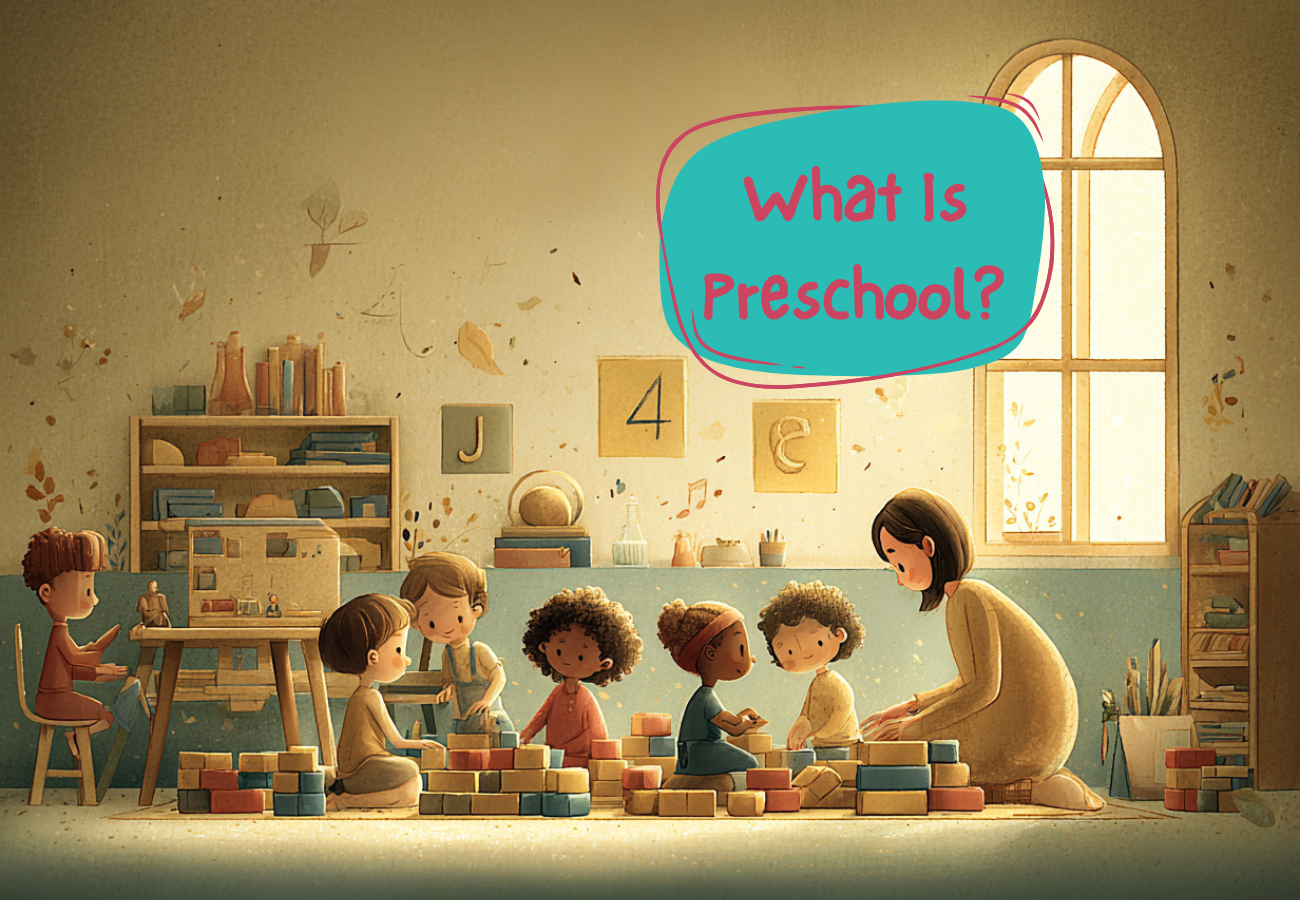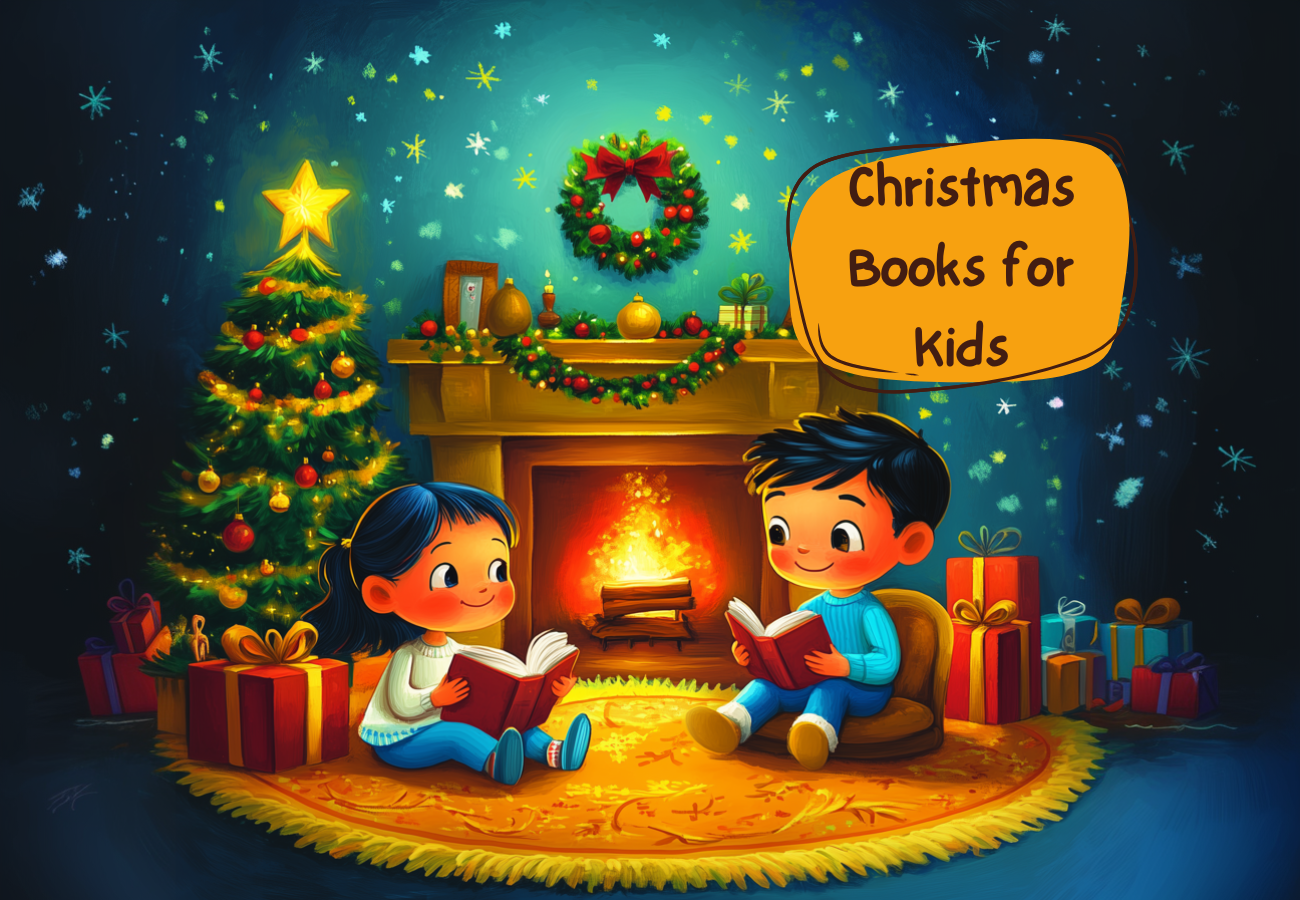Teach Kids What Makes a Good Friend
 How to teach a little kid to be a good friend? How do I attach this never-ending eagerness for being good to other people and making new friends?
Perhaps it’s better to dig deeper to understand the human’s motivation so the child will be able to find a companion.
I’ve already mentioned kindness coloring exercises but completing a worksheet is also one of the best activities for children at an early age to explain what friendship is, how to start and maintain it.
How to teach a little kid to be a good friend? How do I attach this never-ending eagerness for being good to other people and making new friends?
Perhaps it’s better to dig deeper to understand the human’s motivation so the child will be able to find a companion.
I’ve already mentioned kindness coloring exercises but completing a worksheet is also one of the best activities for children at an early age to explain what friendship is, how to start and maintain it.
Find Yourself Engaged In a Process
The first direction you should be going for – don’t try to make it easy. Kids learn when they pursue new information and look for the answers if they don’t know them. Discuss the positive character or friend traits by sketching how a real friend looks and how he or she behaves. Don’t follow strict body proportions or images since people are all different, and while talking about friendship, you can turn to an equally important diversity topic. Children should realize how their decisions affect their lives; and how the right and careful approach can cause significant changes.
Children should realize how their decisions affect their lives; and how the right and careful approach can cause significant changes.
Teach How to Accept Friends for Who They Are
Create a “What makes a good friend?” list: discuss the qualities of a true friend, and how to recognize a chitty person. Talk with your kids about empathy. Approaching the critical thinking ability of kids will make them analyze society and avoid misunderstanding problems in the future. Try not to address good qualities as an exclusive trait of a friend: a child should know there isn’t a single ideal person out there. It means that making a friend often turns out to be accepting bad sides as well as good sides. Try to imagine a real situation and make a kid describe the real friend in detail. Friendship is also about setting personal boundaries and respecting your friend’s limits. Explain to your child that friends need their personal space as much as your kids sometimes do.Personality Quiz
To role-play the mentioned approaches, try a “What is a friend” activity. First, kids should get the idea: recall the happy moments with friends, perhaps watch some good old cartoons or movies. You may take this as a short quiz to explore how critical thinking is important in a real-life, and how it may save a person from some serious disappointments. Filling out the worksheet is not the primary goal: take your time to explain what this is about and why it might be interesting. Most children will not do the task unless it is funny and entertaining; therefore, you have to step aside from adult understanding of friendship and take the kids’ side to see respect and relationships on a different level.
Most children will not do the task unless it is funny and entertaining; therefore, you have to step aside from adult understanding of friendship and take the kids’ side to see respect and relationships on a different level.
Conclusion
Friendship is a dynamic process, and the realization of how the concept works will change over time. You might try to do the same activity all over again within different age periods: kids will get the opportunity to see how their expectations from a true friend change. Knowing what makes a good friend and why they will settle down their priorities and needs in society, and it will be much easier to communicate with other people. These activities are timeless, as they reflect not someone else’s viewpoint, and help in shaping kids’ personalities.More articles

The Impact of Color and Texture on Children’s Emotions, Behavior, and Learning
Children don’t just see their environment — they absorb it. Every color, every texture, and every visual detail around them quietly shapes the way they focus, relax, behave, and even understand their own emotions. While adults often adapt to a space automatically, children respond to it instantly and instinctively. That’s why creating a supportive environment […]

What Is Preschool and Why It Matters for Early Development
Choosing the right preschool is one of the most critical decisions parents make in shaping their child’s early development. In today’s evidence-based educational climate, early childhood education is recognized not merely as preparatory schooling, but as a scientifically validated foundation for cognitive, emotional, and social growth. High-quality programs such as Little Scholars NYC, an established […]

5 Best Christmas Books for Kids to Enjoy This Holiday Season 🎄
Christmas is a magical time of year, and what better way to celebrate the season than by cozying up with your little ones and sharing the joy of holiday stories? Books have the power to bring families together, teach valuable lessons, and fill hearts with the spirit of the season. Here are five of the […]



